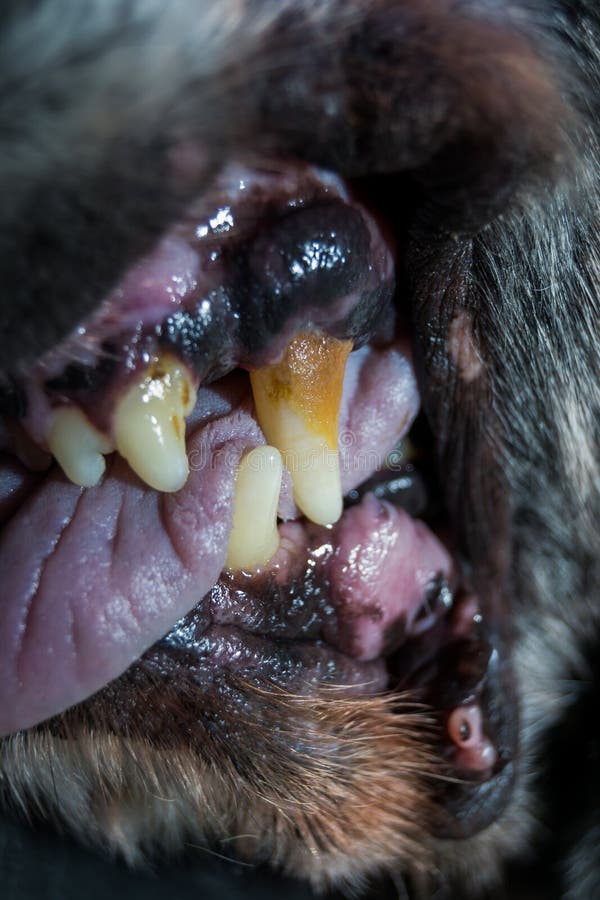

Tartar can irritate your dog’s gums causing gingivitis, a swelling and reddening of the gums, and can lead to bad breath - something you’re likely to notice quite quickly! Dry dog foods can help scrape away plaque and tartar but you’ll still need to supplement this with some dog dental care. This hardens the plaque and it turns it into tartar, also known as calculus. Periodontal DiseaseĪfter 3-5 days of being left untouched, plaque forms another alliance, this time with the minerals in your dog’s saliva. It’s important to clean this plaque off dog’s teeth as if it’s left to build up, it can harden to form tartar. So, as a loving owner, what do you need to look out for to protect your pet’s pearly whites? Plaqueīacteria constantly form in your dog’s mouth and when they mix with with saliva and leftover morsels of food, your dog will get a sticky and colourless film ( plaque) collecting on the outside of their teeth, especially their upper pre-molars and molars. Poor dental care doesn’t just affect their mouths the bacteria generated by dental disease could eventually enter your dog’s bloodstream and potentially damage their heart, liver or kidneys.

When your four-legged friend has healthy teeth and gums they can get the most out of their food, crunching every delicious kibble as they go, but if their teeth hurt they’ll soon go off their meals and their metabolism will suffer. Did you know that dental problems are the most commonly diagnosed health condition in all dogs over the age of three? Because your dog's teeth and gums are as vulnerable to disease as yours, make sure you give the same care and attention to your dog's dental health as you do to your own.


 0 kommentar(er)
0 kommentar(er)
